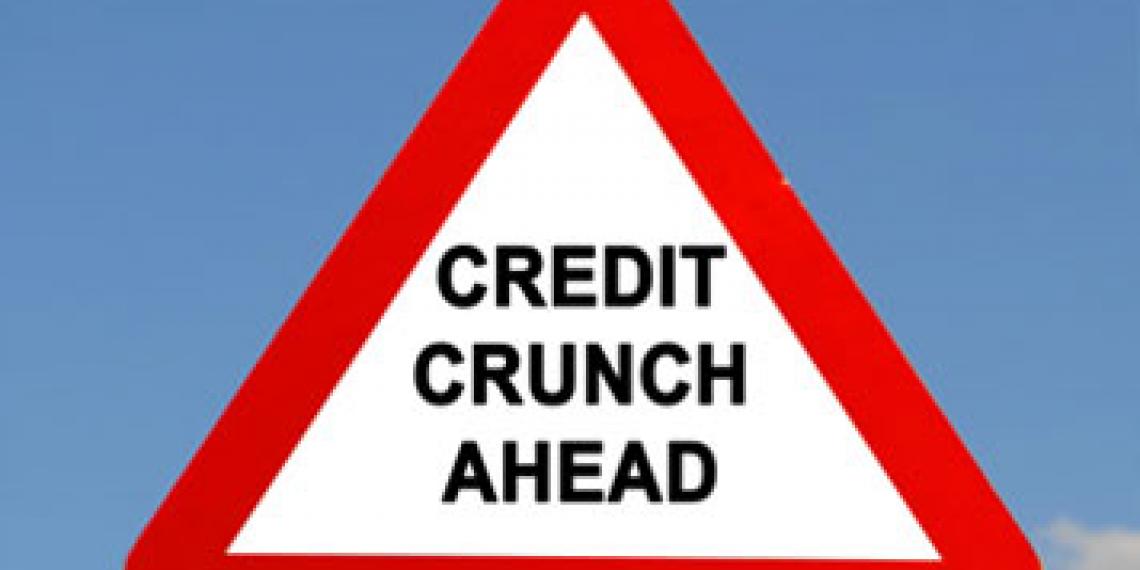You are here
The credit-debt diet

Credit-debt
The credit-debt is casting a long shadow on the futures of nations, communities and individuals.
The Obama-led America is consuming its future with a debt of US$11.4 trillion and counting. England is diminishing its future with a debt of £1 trillion 459 billion; £103 million of which is spent on debt-servicing every day. The National Budget of May forecast that in New Zealand we could be dining on a future debt-deficit diet of NZ$45 billion (25.1% of our GDP), a figure that is equivalent to $45,000 of debt for every person, or $180,000 of debt for every family of four.
What future hopes or options will not be possible because of what national leaders have already over-committed and over-spent today? Will we have to defer future funds from education, primary health care, research, social welfare, and superannuation to meet our commitments to external debt? What is going to be our priority: foreign aid, climate change, eradicating poverty or the requirements of debt servicing? What if nations start to default on debt payments? What if people start to default on credit-card debt or commercial and household properties? What if these debts never get (re)paid? What will be the economic impact of this defaulting on our shared future?
A 'glocal' threat
The crowding out of debt is a ‘glocal’ threat. It is global, local, and painfully personal. We can’t ever forget that inside these complex and faceless statistics sit families, individuals, children, neighbours.
The machinery of credit-debt depends on, and is fueled by, a perception of lack, limited opportunity and scarcity; what I/we have is not enough. Can we shift our economic practices from the fearful and isolating motivators of scarcity to a newer economics of solidarity? Can we start to live from within the alternative economic stories of enough that dominate our Scriptures? Chuck Collins of the Institute for Policy Studies comments:
The economic crisis is in part the result of an unengaged citizenry and government. What can we do together to build an economy based on building healthy communities rather than shoring up the casino economy? What public policies would make our communities more secure?
Disentangling the strangleholds
The critical issue is: what can we do together? No nation, no community and no individual should be left alone to try and disentangle the strangleholds of the incumbent credit-debt machinery. The exercising of our vote every election seems insufficient and futile, particularly given the limited choice of political parties, not to mention the degree of compromise that can happen with MMP. How can you and I become activists in our communities for the cancellation of unjust interest and debt release? Is it time we considered the ethical histories of our banks and where we deposit our hard-earned cash? Do our own banks finance and hold the portfolios of predatory loan sharks? Do we need to critically (re) examine where and how we bank?
The exercise of our dollar is a critical practice of activism; in fact, every dollar is a vote. And we have to ensure that the end of our investments is to develop community and enough for others and not simply the excesses of making more money for ourselves. Economic decisions express spiritual decisions and whatever the form of our activism it ‘must bring rich and poor together in a world structured to bring us apart. This is prophetic work’. (Lee Van Ham, 2004, Portfolio Prophets, cited at www.jubilie4justice.org).
By Ian Kilgour